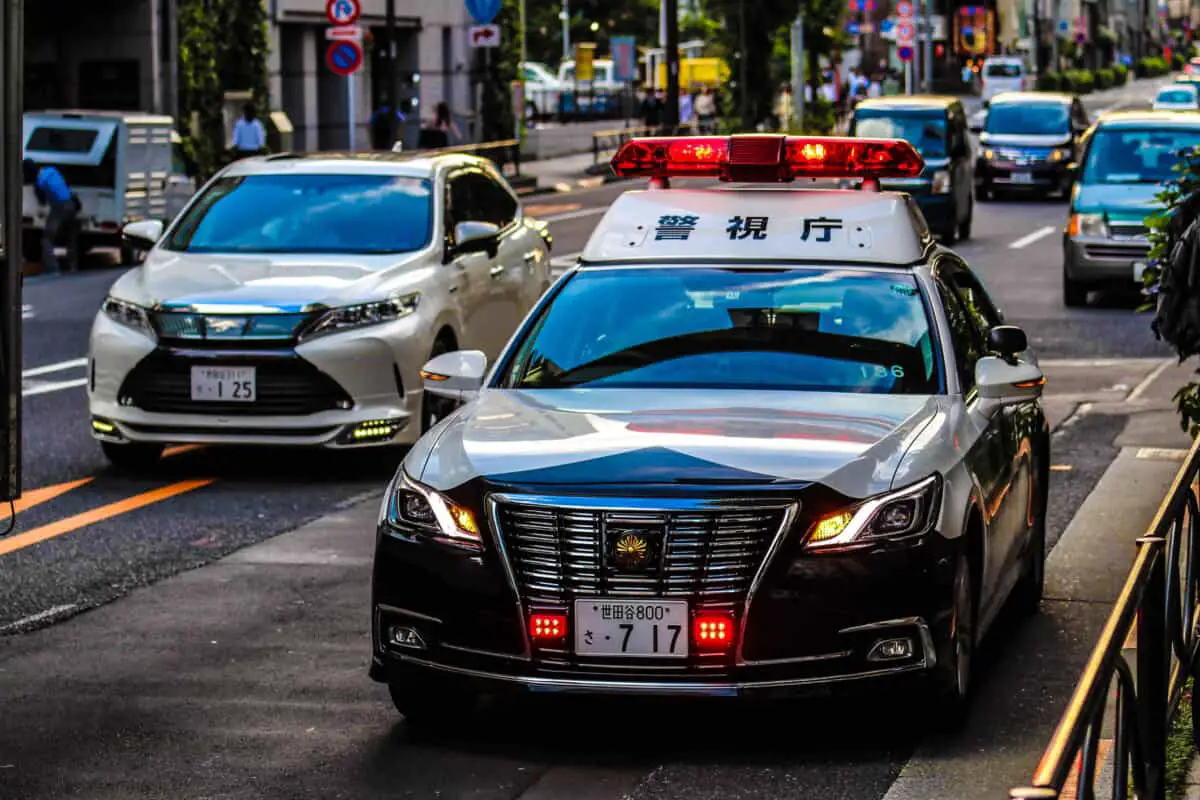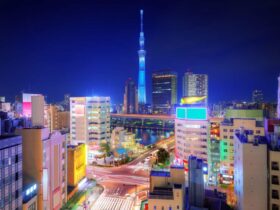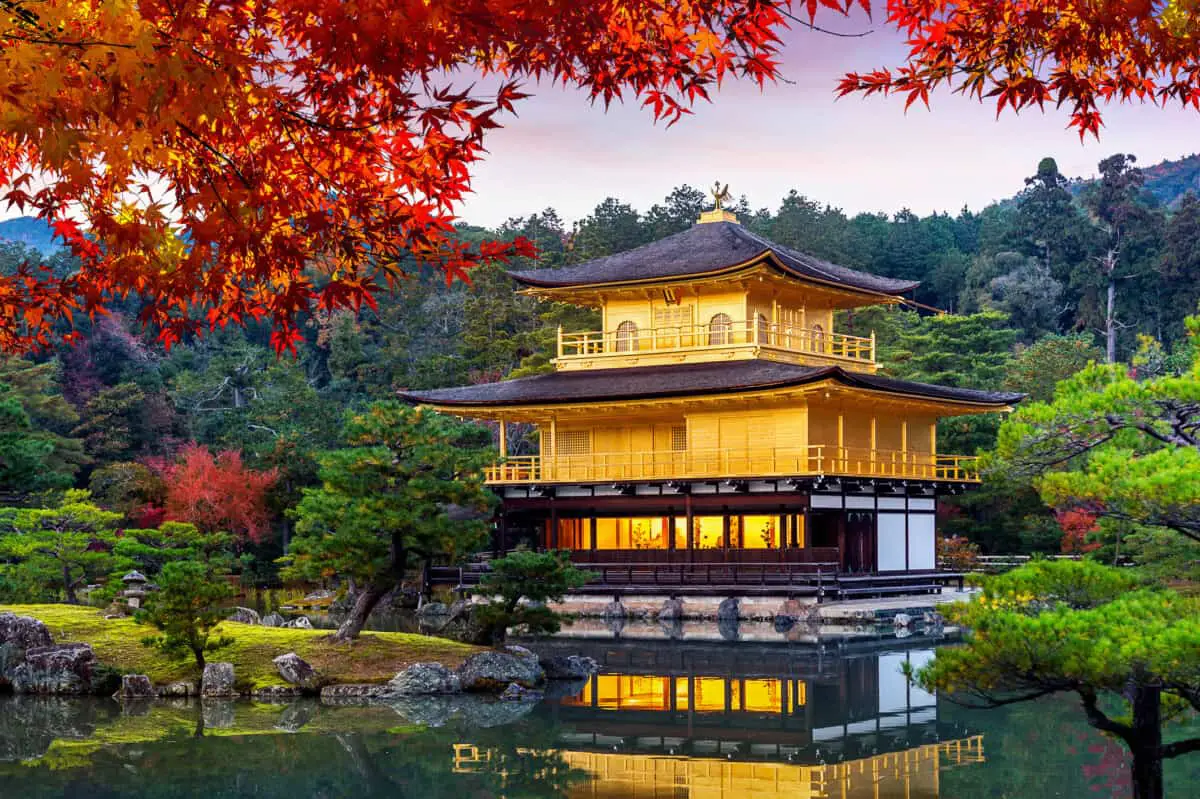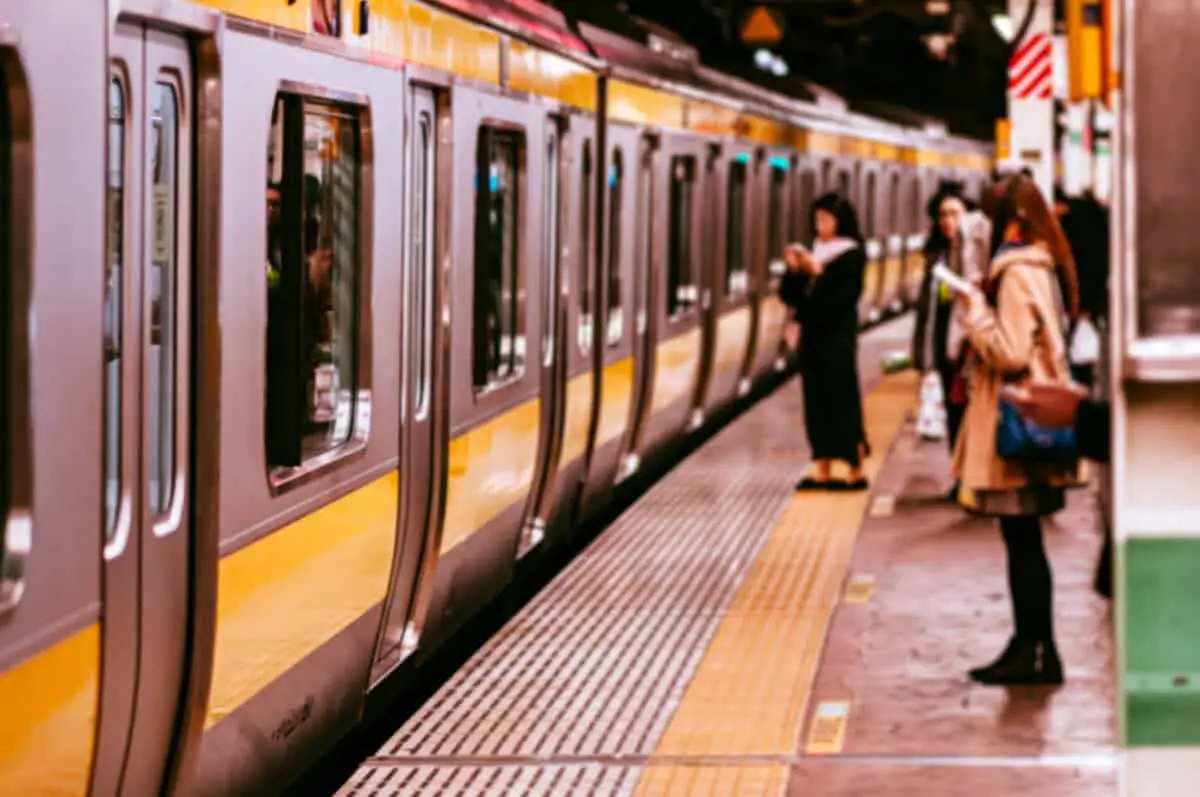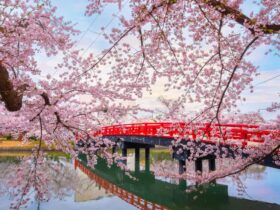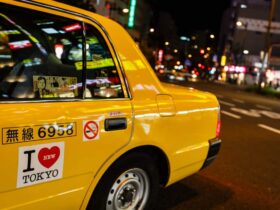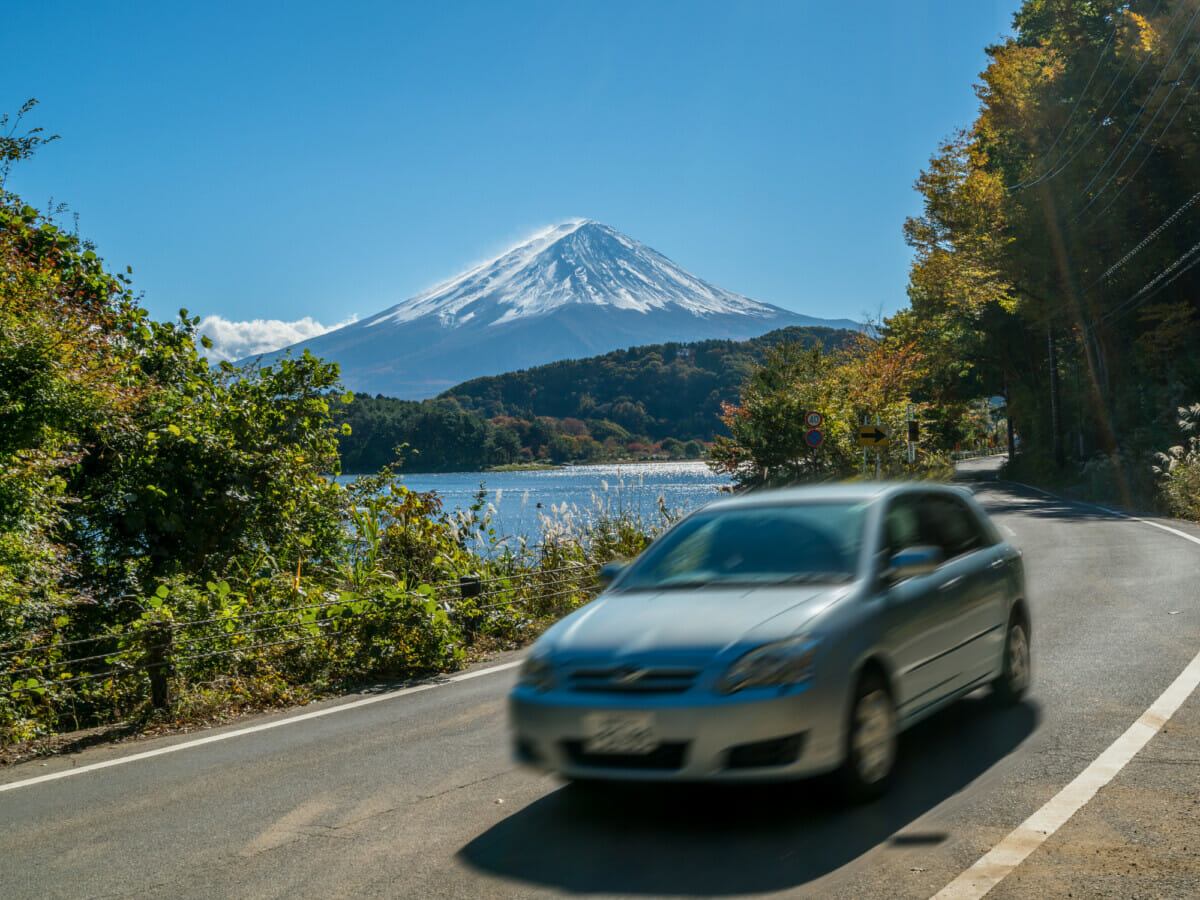Tokyo is the capital city of Japan and is an incredibly popular destination for tourists. In 2018, it was reported that around 14.2 million tourists visited Tokyo. The population of locals living in Tokyo is approximately 37.4 million.
If you are planning a trip to Tokyo, you might be wondering whether a city with so many people in it has a lot of crime. This handy guide will explain all you need to know about safety in Tokyo to prepare you for your exploration of this amazing metropolis.
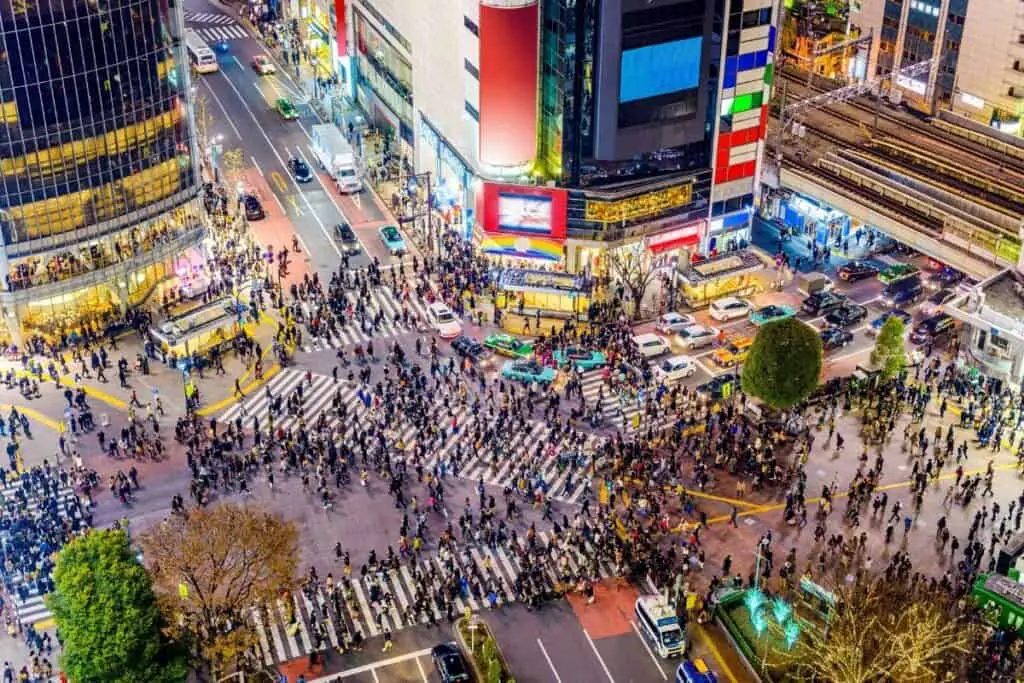
Is Tokyo a Dangerous Place?
Tokyo is a very safe city. NUMBEO gave Tokyo a crime rating of 15.41 out of 100, while The Global Peace Index gave Japan a ranking of 10.
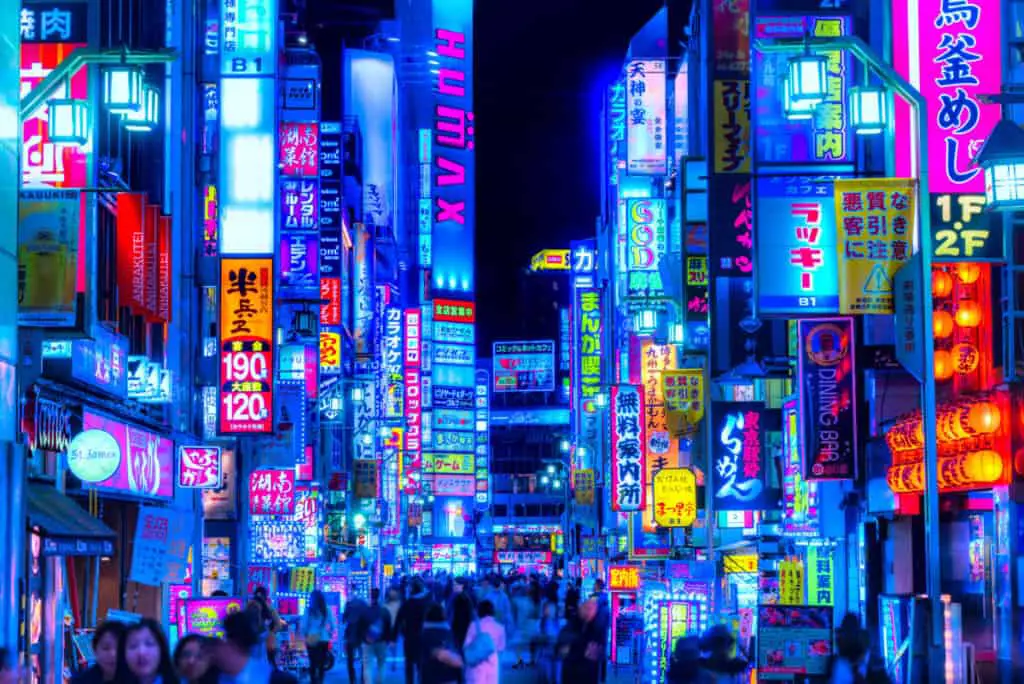
According to the Metropolitan Police Department, Tokyo has fewer than 40,000 criminal incidents each year. Most of these criminal incidents happened in Shinjuku.
As with any city, there are areas that you want to avoid (we will explore them in more detail below).
As Tokyo has such a high population and flow of tourists, the main dangers that tourists need to look out for are pickpockets and scams:
Pickpockets
Muggings in Tokyo are very rare, but pickpockets in crowded areas such as tourist attractions and public transport are something to be wary of.
Tourists should not take all of their money and cards out with them, and keep a close eye on their belongings at all times. Although baggage or purse theft is also extremely rare.
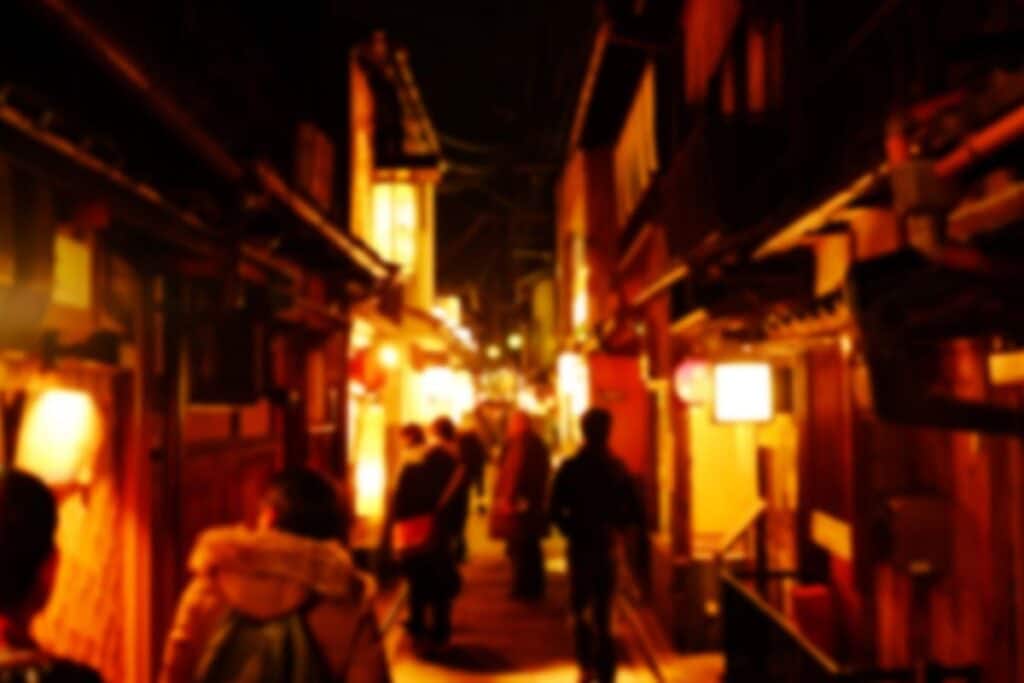
Scams
There are scams in tourist areas where fake monks will ask for donations for a cause and can be insistent or pester for money.
In areas such as Roppongi, women will offer a “massage” and steal your money and credit cards or general financial data such as card numbers leaving you unaware that they were taken.
Natural disasters
It may not be something that a lot of tourists consider, but Japan has very frequent natural disasters such as earthquakes, typhoons, and tsunamis.
Tokyo is near an active volcano. Yet Japanese authorities have put one of the best warning systems in place if one of these events were to occur.
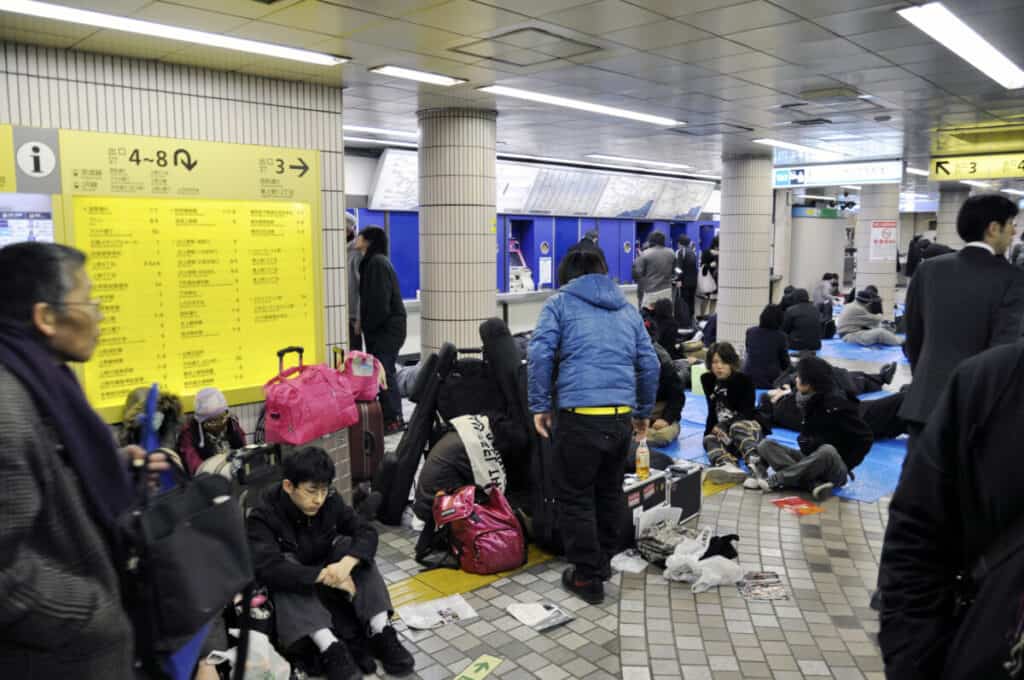
In Tokyo, Kōban, which are makeshift stations for police that have one room with chairs and a desk, are easy to set up and are situated all over the city. This police presence helps deter crime.
As long as you stay alert, aware of your surroundings, keep an eye on your belongings, don’t take too much cash out with you, and read up on scams, you can stay safe while in Tokyo.
Where Should I Not Live in Tokyo?
Certain areas in Tokyo have a lot more crime than others. If your plan is to actually move to Tokyo then there are a few areas that you might want to reconsider.
Areas with the highest amounts of crime are:
- Shinjuku, where the most crimes in Tokyo occur.
- Setagaya.
- Edogawa.
These areas have a high population, which could contribute to the higher crime rate. Located in Shinjuku is Kabukicho, which is a red-light district. There may be sketchy characters here after dark who will try and persuade you to visit their bars or establishments.
Other areas such as Roppongi are known for drink price spiking in restaurants, bars, and clubs. Tourists should be aware of their surroundings if visiting these areas at night.
Ueno is a popular area in the day as it has museums, a zoo, and a large park. Yet it can be dangerous at night due to a homeless population in the park and Yakuza groups.
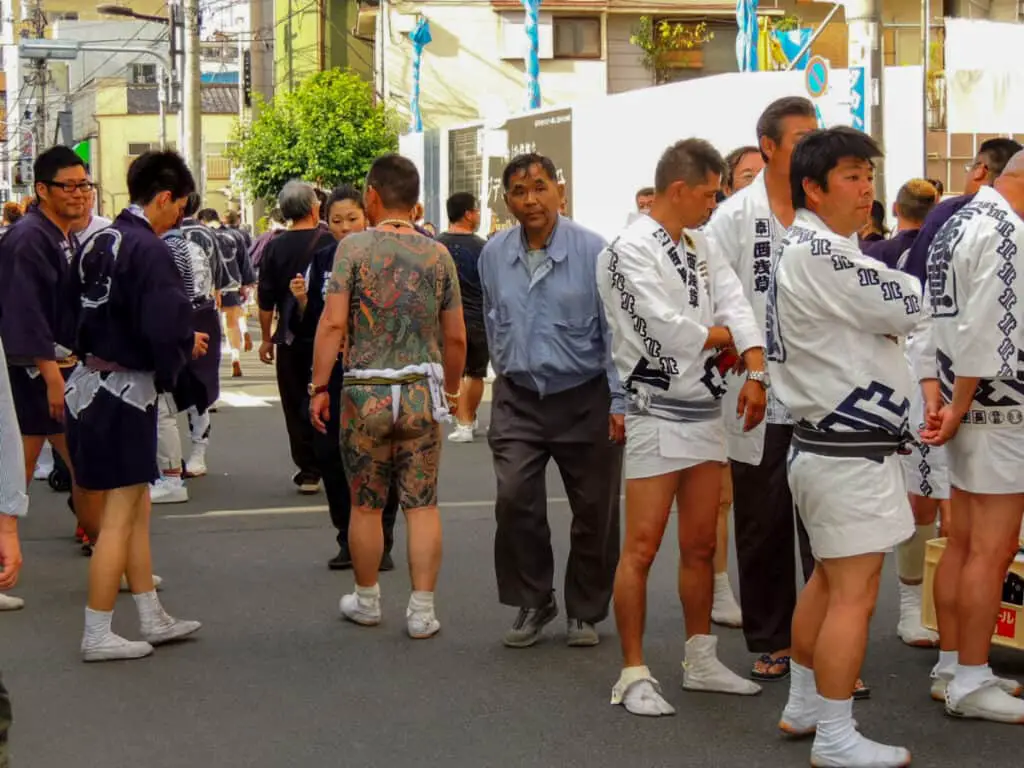
Areas with the lowest amounts of crime are:
- Bunkyo, which has the lowest crime rate in Tokyo.
- Meguro.
- Arakawa.
Bunkyo has such a low crime rate because it is an area with high-class educational institutions such as the University of Tokyo.
Bunkyo is reported to have frequent police patrols, neighborhood watch, and have old neighborhoods that look out for each other.
Bunkyo has famous historical spots such as the Tokyo Dome and sightseeing areas such as it many manicured gardens.
Are There Slums in Tokyo?
Tokyo has slums such as Kamagasaki and Sanya.
Kamagasaki is Tokyo’s largest slum, with approximately 25,000 people living here. Many people here work as day laborers, waiting for work and leaving for the day, and returning to the slum in the evening.
Sanya is referred to as the slum of Tokyo. Nine thousand of the people here are homeless. Many of them were forced out of their homes due to poverty and suffered from mental illness and alcoholism.
A lot of the homeless population also live in Ueno park during the nighttime.
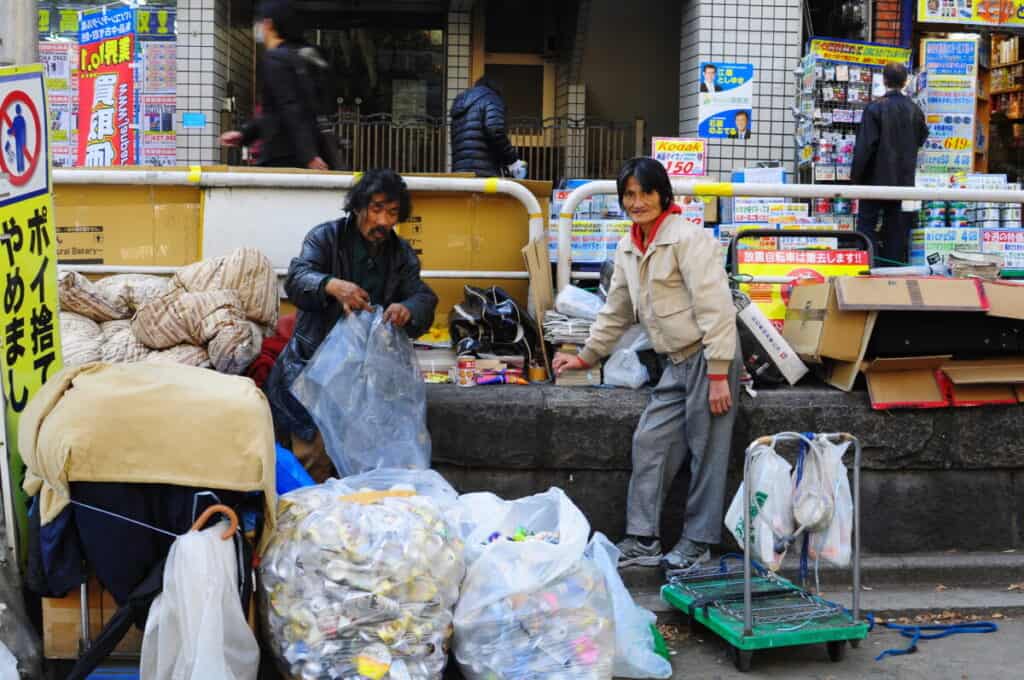
How Violent is Tokyo?
Tokyo does not have a lot of violent crime, but drink spiking is the most common crime that can have negative consequences.
Tourists can get drugged at bars and have their credit cards and money stolen. This also puts those at risk of assault, sexual assault, robbery, and credit card fraud. Tourists are informed to never leave their drink unattended.
Groping or chikan is an issue on Tokyo’s public train transport, and so there are women-only cars to combat this issue. This inappropriate touching happens mostly during rush hour when the carriages are the most crowded.
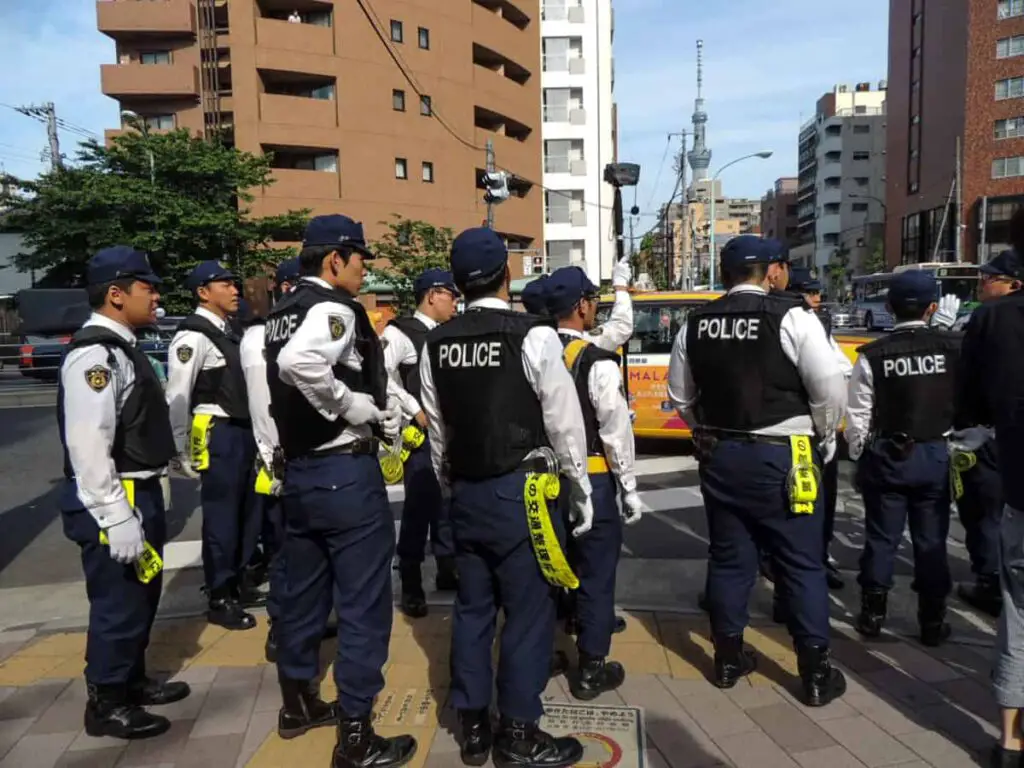
Is Tokyo Safe at Night?
Tokyo is deemed very safe to walk around and get public transport at night, and NUMBEO have given walking around in Tokyo at night an 88.37 safety rating out of 100.
If you have had a lot to drink, taxis in Japan are very safe to get and are a safer option than walking the streets where people might try and lure you into their businesses.
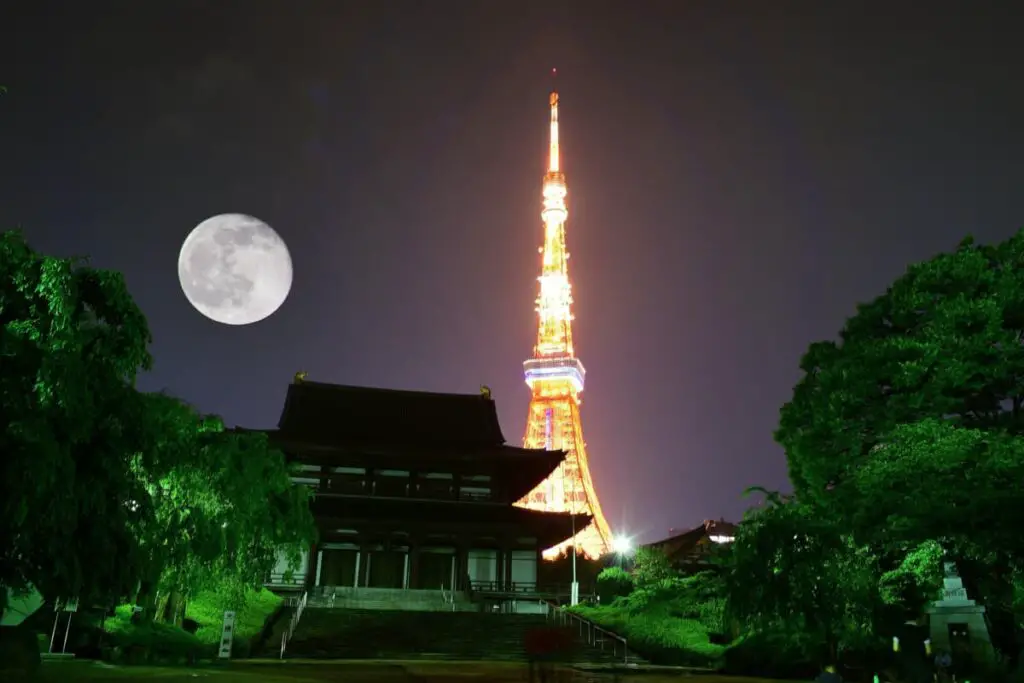
People should be vigilant in bars during the evening where there is the chance that drinks can become spiked, and money stolen.
Certain areas such as Roppongi and Kabukicho can become rowdy at night and tourists can visit them for fun but should be aware.
What is the Biggest Crime in Tokyo?
Tokyo does not have much violent crime, and the main crimes that tourists should be wary of are pickpockets, scams, and drink spiking. Petty theft, shoplifting, and robberies are the most common crimes that occur in Tokyo.
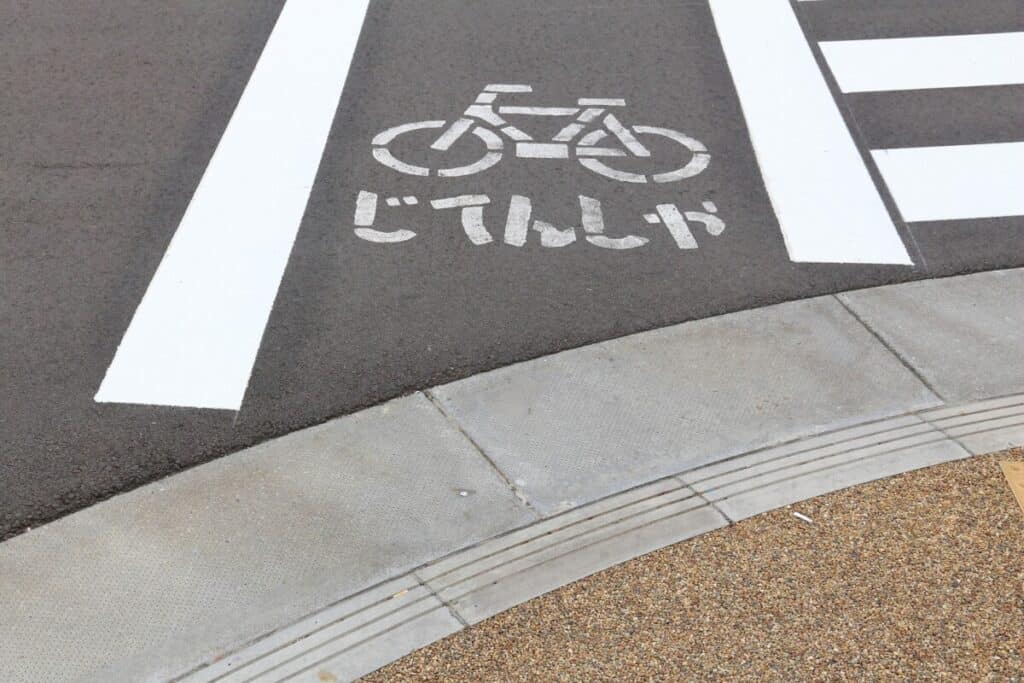
Bicycle theft is an extremely common crime, and many bikes are taken from train stations. If your bike is stolen, report it to the police. In recent years bicycle theft is actually the most common crime reported throughout Tokyo.
If you traveling solo your guard should up, but Tokyo is still considered the safest large city in the world.

